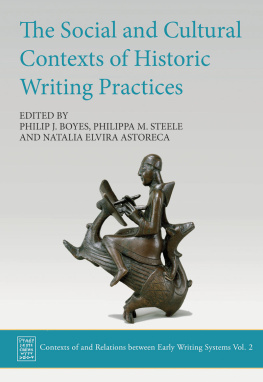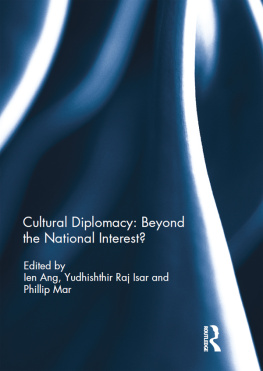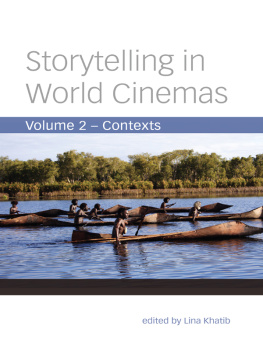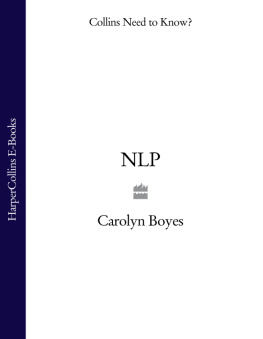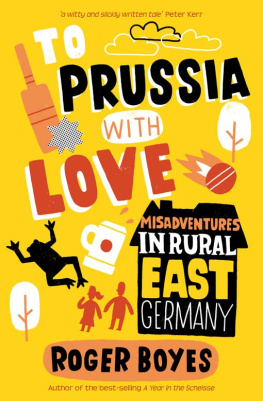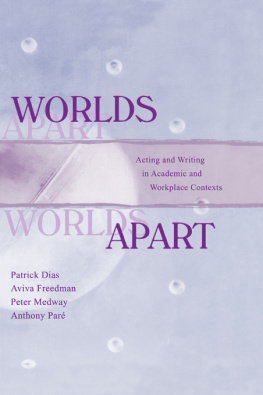Pagebreaks of the print version

The Social and Cultural Contexts of Historic Writing Practices
edited by
Philip J. Boyes, Philippa M. Steele and Natalia Elvira Astoreca
Published in the United Kingdom in 2021 by
OXBOW BOOKS
The Old Music Hall, 106108 Cowley Road, Oxford OX4 1JE
and in the United States by
OXBOW BOOKS
1950 Lawrence Road, Havertown, PA 19083
Oxbow Books and the individual authors 2021
Hardback Edition: ISBN 978-1-78925-478-5
Digital Edition: ISBN 978-1-78925-479-2 (ePub)
Kindle Edition: ISBN 978-1-78925-480-8 (Mobi)
A CIP record for this book is available from the British Library
Library of Congress Control Number: 2021931167
An open-access on-line version of this book is available at: http://books.casematepublishing.com/The_Social_and_Cultural_Contexts_of_Historic_Writing_Practices . The online work is licensed under the Creative Commons Attribution 3.0 Unported Licence. To view a copy of this license, visit http://creativecommons.org/licenses/ by/3.0/ or send a letter to Creative Commons, 444 Castro Street, Suite 900, Mountain View, California, 94041, USA. This licence allows for copying any part of the online work for personal and commercial use, providing author attribution is clearly stated.
Some rights reserved. No part of the print edition of the book may be reproduced or transmitted in any form or by any means, electronic or mechanical including photocopying, recording or by any information storage and retrieval system, without permission from the publisher in writing.
Materials provided by third parties remain the copyright of their owners.
For a complete list of Oxbow titles, please contact:
UNITED KINGDOM
Oxbow Books
Telephone (01865) 241249
Email:
www.oxbowbooks.com
UNITED STATES OF AMERICA
Oxbow Books
Telephone (610) 853-9131, Fax (610) 853-9146
Email:
www.casemateacademic.com/oxbow
Oxbow Books is part of the Casemate Group
Front cover: Monk-scribe astride a wyvern, Metropolitan Museum of Art
List of contributors
D r P hilip J. B oyes
Faculty of Classics, University of Cambridge
Sidgwick Avenue
Cambridge
CB3 9DA
United Kingdom
D r N atalia E lvira A storeca
Faculty of Classics, University of Cambridge
Sidgwick Avenue
Cambridge
CB3 9DA
United Kingdom
D r S arah F inlayson
Institut fr Klassische Archologie und Byzantinische Archologie
Marstallhof 4
69117 Heidelberg
Germany
D r C cile G uillaume -P ey
Centre for South Asian Studies
Centre national de la recherche scientifique
Paris
France
J ulia -S ophie H eier
Ludwig-Maximilians-Universitt Mnchen Institut fr Nordische Philologie
Geschwister-Scholl-Platz 1 80539 Mnchen
Germany
P rofessor J ohn S. H enderson
Department of Anthropology
McGraw Hall
Cornell University
Ithaca, NY 14853
USA
D r N ancy H ighcock
Department of Archaeology
University of Cambridge
Cambridge
CB2 3DZ
K athryn H udson
Department of Linguistics
University at Buffalo
United States
D r V alentina M ignosa
Faculty of Classics
University of Oxford
United Kingdom
T heodore N ash
Kelsey Museum of Archaeology
434 South State Street
Ann Arbor, MI 48104
USA
D r A urlie N vot
Centre national de la recherche scientifique
Paris
France
P rofessor M arie L ouise N osch
Centre for Textile Research
Saxo Institute,
University of Copenhagen
Denmark
D r K arenleigh O vermann
University of Bergen
Faculty of Psychology
Department of Psychosocial Science
Postboks 7807
5020 Bergen
Norway
and
University of Colorado, Colorado Springs
Department of Anthropology
1420 Austin Bluffs Pkwy
Colorado Springs, CO 80918
USA
D r C hristian P rager
Universitt Bonn
Abteilung fr Altamerikanistik
Oxfordstrasse 15
53111 Bonn
Germany
D r P hilippa M. S teele
Faculty of Classics, University of Cambridge
Sidgwick Avenue
Cambridge
CB3 9DA
United Kingdom
P rofessor O lga Tribulato
Dipartimento di Studi Umanistici
Universit Ca Foscari Venezia
Dorsoduro 3484/D
30123 Venice
Italy
D r A gata U lanowska
Department of Aegean and Textile Archaeology
Faculty of Archaeology, University of Warsaw
Krakowskie Przedmiecie 26/28
00-927 Warsaw
Poland
A.J. W est
Leiden Institute of Area Studies (LIAS)
Matthias de Vrieshof 3
2311BZ Leiden
The Netherlands
P rofessor J ames W hitley
School of History, Archaeology and Religion
Cardiff University
John Percival Building Colum Road
Cardiff CF10 3EU
Wales, United Kingdom
Acknowledgements
This volume publishes papers presented at the conference Exploring the Social and Cultural Contexts of Historic Writing Systems, which was held at the Faculty of Classics, University of Cambridge on 1416 March 2019. This was the second conference organised under the banner of the project Contexts of and Relations Between Early Writing Systems (CREWS), which is dedicated to interdisciplinary exploration of writing practices in the East Mediterranean and Near East in the second and first millennia BC. The previous conference was published as Understanding Relations Between Scripts II: Early Alphabets (Boyes and Steele 2019). We are grateful to the whole CREWS team, including our visiting scholars, who not only contributed to the conference and this volume, but also to the creation of a positive and engaging research environment.
CREWS has received funding from the European Research Council (ERC) under the European Unions Horizon 2020 research and innovation programme (grant agreement No 677758). We would especially like to take this opportunity to thank the ERC for all the outstanding work it does to support new research, and in particular for the funding that has made possible not only this conference but the CREWS project itself. We are, as always, proud to fly the EU and ERC banners.
We are extremely grateful to the Faculty of Classics for hosting the conference, and to everyone who worked to help make the conference a success, especially our project administrator, Sarah Lewis, and Faculty staff including Tony Brinkman, Lina Undicino and Lucyna Prochnicka. In addition, we extend our thanks to all those who chaired sessions and the many friends and colleagues who volunteered to help with the smooth running of the conference.
It is worth noting that much of the production of this volume took place against the background of the 2020 global coronavirus pandemic, which affected the lives and work of all the contributors to varying degrees. We are very grateful to all the contributors who worked hard in these very difficult circumstances to produce their chapters, and to the peer reviewers who also in many cases went above and beyond the call of duty without even the prospect of being thanked in print by name. We are similarly grateful to our publishers at Oxbow for their understanding and patience.

